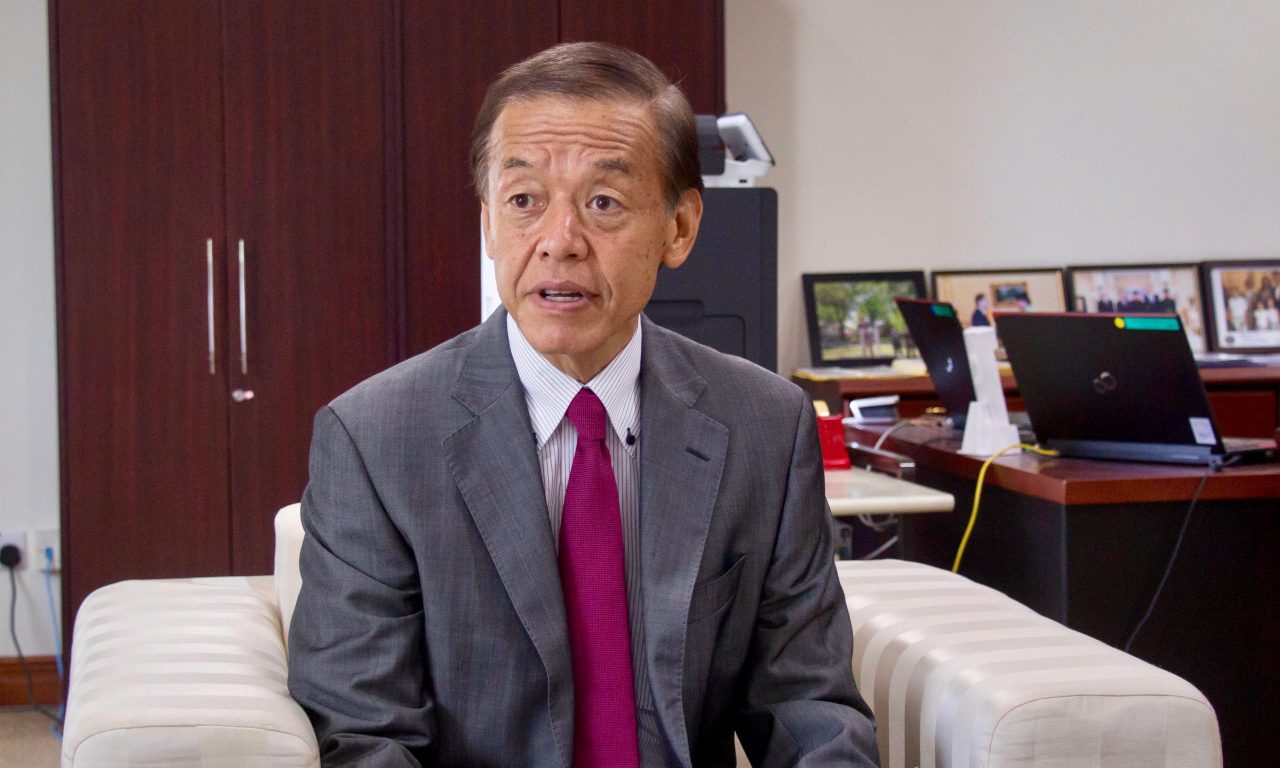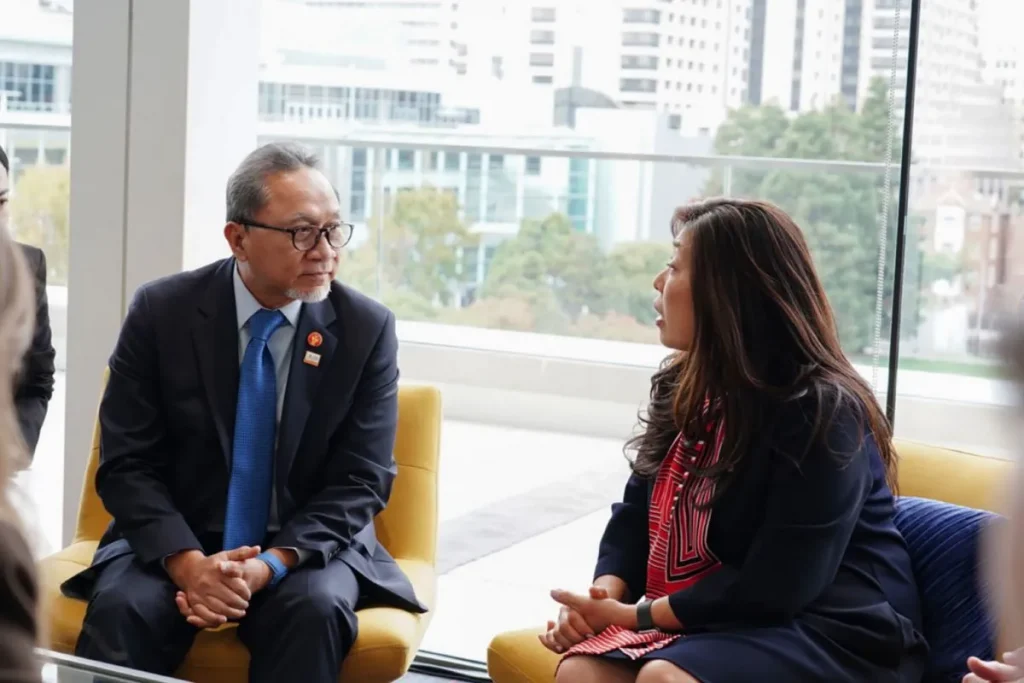To boost economy, Japan urges Brunei to ratify CPTPP The Pacific-wide free trade agreement it has already come into force in 7 out of the 11 member countries
Wardi Wasil – thescoop.co

BANDAR SERI BEGAWAN – Japan’s government is urging Brunei to ratify the Comprehensive and Progressive Agreement for Trans-Pacific Partnership (CPTPP) at the earliest opportunity, as it remains one of four countries that have yet to do so.
The Pacific-wide trade deal involves 11 countries representing 13.4 percent of the global GDP, making it the third largest free trade pact in the world behind the North American Free Trade Agreement (NAFTA) and the European Union.
In an interview Friday, Japanese ambassador to Brunei, Motohiko Kato, said it was important for member states to renew their commitment to multilateral trade amidst the ongoing trade spat between the US and China.
“By joining the agreement, Brunei can improve its international status because you will be showing your determination in protecting the free trade system, including good investment schemes and dispute settlement mechanisms,” he told reporters during a briefing on a visiting Japanese business delegation.
Brunei, Malaysia, Chile and Peru have yet to formally ratify the agreement, which was signed in March 2018, while Japan, Canada, Australia, Mexico, Singapore, New Zealand and Vietnam had already ratified the pact, which came into force at the end of 2018.
“We are always urging [Brunei’s] Ministry of Foreign Affairs to facilitate the necessary internal procedures that would help realise Brunei’s status as a member of the CPTPP”, said Kato, adding that many countries have expressed interest in joining the trade agreement, including Thailand and Indonesia.
Boost to Brunei’s ailing economy?
The Brunei government previously said it would ratify the CPTPP by early 2020, hoping it will facilitate investment into new sectors such as ICT, clean technology and food processing.
Dr. Deborah K. Elms, executive director for the Asian Trade Centre in Singapore, said that small Bruneian businesses will benefit from liberalised tariffs, making the export of goods easier for small firms.
“Maybe even easier than exporting to our neighboring countries in ASEAN,” she shared during Brunei’s MSME Festival held last March.
“[The CPTPP] eliminates government interference in a lot of those things that make trading with ASEAN difficult. For small firms, ASEAN can be a nightmare.
“The other huge advantage for small businesses is that no one is looking at Brunei, a lot of the member markets are not thinking of Brunei as a competitor, so they would probably allow access to Bruneian companies into their markets.”
The Ministry of Foreign Affairs has said the CPTPP could potentially bring $1 billion to Bruneian businesses over the next five to 10 years, which could go some way to diversifying the sultanate’s oil-dependent economy.
Although the United States is no longer part of the agreement, countries in the Americas are still eyeing Brunei as a potential gateway for the Asian exports markets.
Nathan Wolf, Mexico’s non-resident ambassador to Brunei, previously told The Scoop that companies from the Americas will be keen to capitalise on Brunei’s tariff-free access to ASEAN and North Asia.
“Agrifoods is a big industry in Mexico and we want to see how we can get halal certification and distribute halal food to the whole region… So we’re looking at Brunei not as a destination but as a gateway to the Asian market.”
Likewise, Bruneian entrepreneurs can now penetrate the Latin American market via Mexico, which has FTAs with several countries in the region, as well as with the US and Europe.
The Peterson Institute for International Economics forecasted that by 2030 Brunei’s GDP will grow by over two per cent under the CPTPP, compared to six per cent growth under the initial TPP agreement, which included the United States.
The think tank estimates that the trade pact will boost global incomes by $157 billion within the next 10 years.



